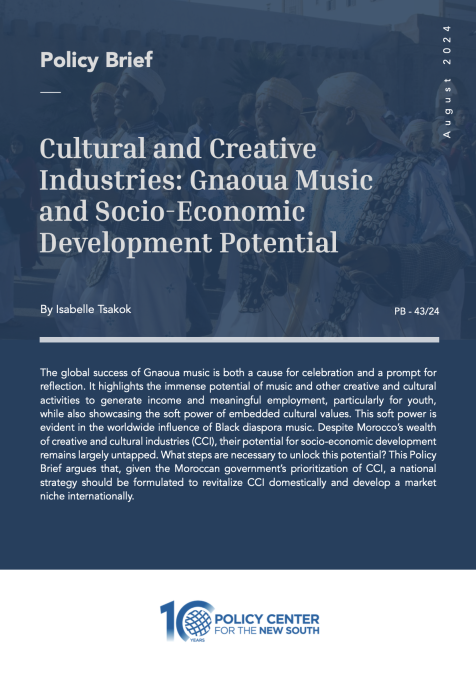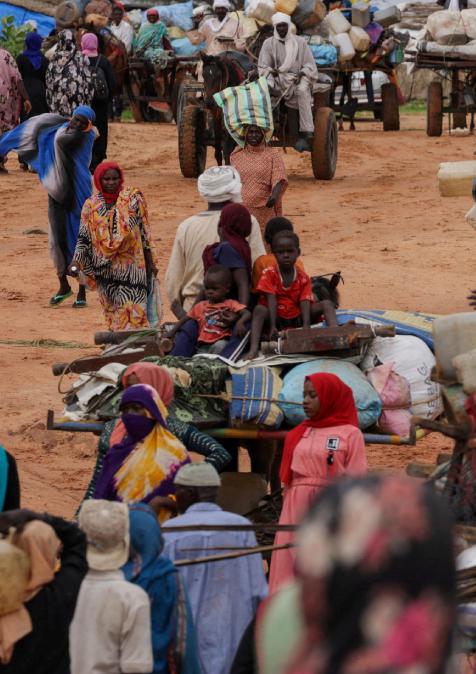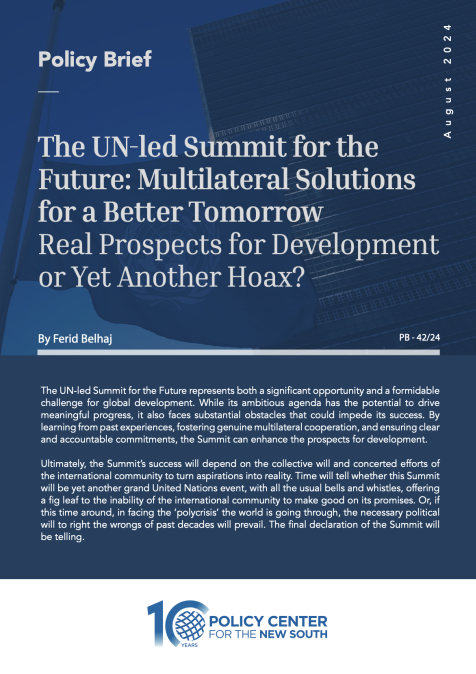Publications /
Policy Paper
L’action collective de lutte contre le changement climatique a longtemps été freinée par de puissants clivages, à la fois géopolitiques et économiques ; Nord/Sud, pays industrialisés/pays en voie de développement, énergies fossiles/renouvelables, multilatéralisme solidaire/souveraineté nationale.
Les négociations internationales sur le changement climatique sont également confrontées à la difficulté de réguler ce bien public mondial qu’est l’environnement. Après trois années de stagnation, les émissions mondiales de gaz à effet de serre (GES) sont reparties à la hausse, alors que le dernier rapport du Groupe d’experts intergouvernemental sur l’évolution du climat (GIEC) prédit une hausse des températures atteignant déjà 1,5°C entre 2030 et 2052 si nous continuons à émettre au rythme actuel. A l’heure du premier grand rendez-vous climatique depuis l’adoption de l’Accord de Paris sur le climat, ce papier tente de mieux saisir la portée des dernières évolutions intervenues dans la lutte contre le changement climatique. Il revient sur l’apport scientifique de ces dernières années et offre une piste d’analyse pour mieux appréhender les avancées réalisées depuis la COP21, ainsi que les défis restant à surmonter lors de la COP24 afin de combler l’écart entre le niveau d’ambition affiché dans les Contributions Déterminées au niveau Nationales (CDN), les objectifs nationaux, et les transformations requises pour répondre à l’urgence climatique.










